Displaying 121 - 135 of 487
Marine Mammal Protection Act Policies, Guidance, and Regulations
The Marine Mammal Protection Act enacted in 1972 established a national policy to prevent marine mammals from declining beyond the point where they ceased to be significant function elements of the ecosystems of which they are a part.
Scientific Research and Exempted Fishing Permits
We encourage fishing industry involvement in research. Cooperative research between scientists, managers, and the fishing industry fosters robust and resilient science, and promotes positive and dynamic partnerships. However, some research activities may
Hawaii Troll Fishery - MMPA List of Fisheries
U.S. fisheries are classified under the Marine Mammal Protection Act according to the level of interactions that result in incidental mortality or serious injury of marine mammals.
New Study Finds Incidents of Fishery Observer Harassment in Alaska Maritime Workplace Is Underreported
Scientists and law enforcement officers team up to lay a foundation for strengthening NOAA Fisheries efforts to improve observer safety on commercial fishing vessels and in seafood processing plants.
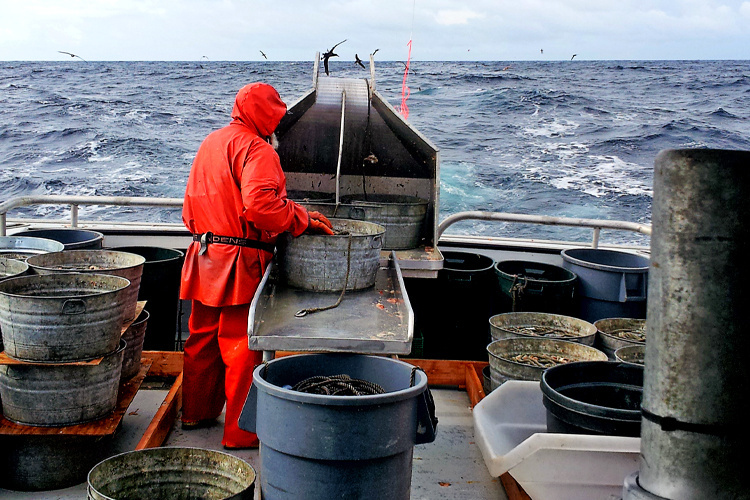
Key Southern California Rockfish Species Survive Capture Over the Longer-term Following Release
New study tracked released fish for weeks to months afterwards, finds most recover.
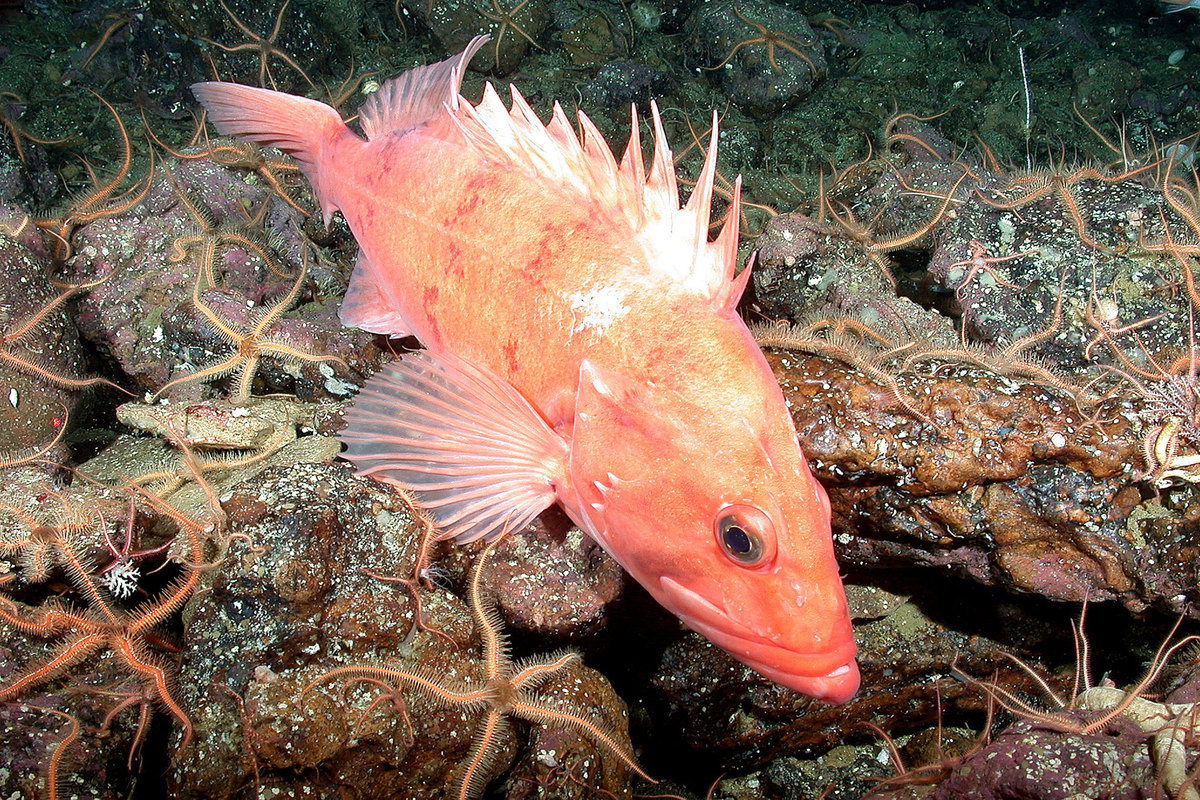
NOAA Fisheries Cancels Three West Coast Surveys for 2020
https://www.fisheries.noaa.gov/agency-statement/noaa-fisheries-cancels-three-west-coast-surveys-2020
The Groundfish Bottom Trawl Survey, California Current Hake Research Cruise, and California Current Ecosystem Survey have been cancelled for 2020.
Give Whales Bubble Room in Alaska
Humpback whales are commonly seen when boating in Alaska. It is important that boaters follow regional regulations and viewing best practices for the safety of humpback whales and boaters themselves.
United States Leads Conservation Gains in Eastern Pacific Fisheries, Benefiting Sharks and Tuna
Fishing panel adopts policies to bar shark finning and reduce ocean waste; adopts harvest strategy for albacore; and pledges to consider climate change impacts in its future work.
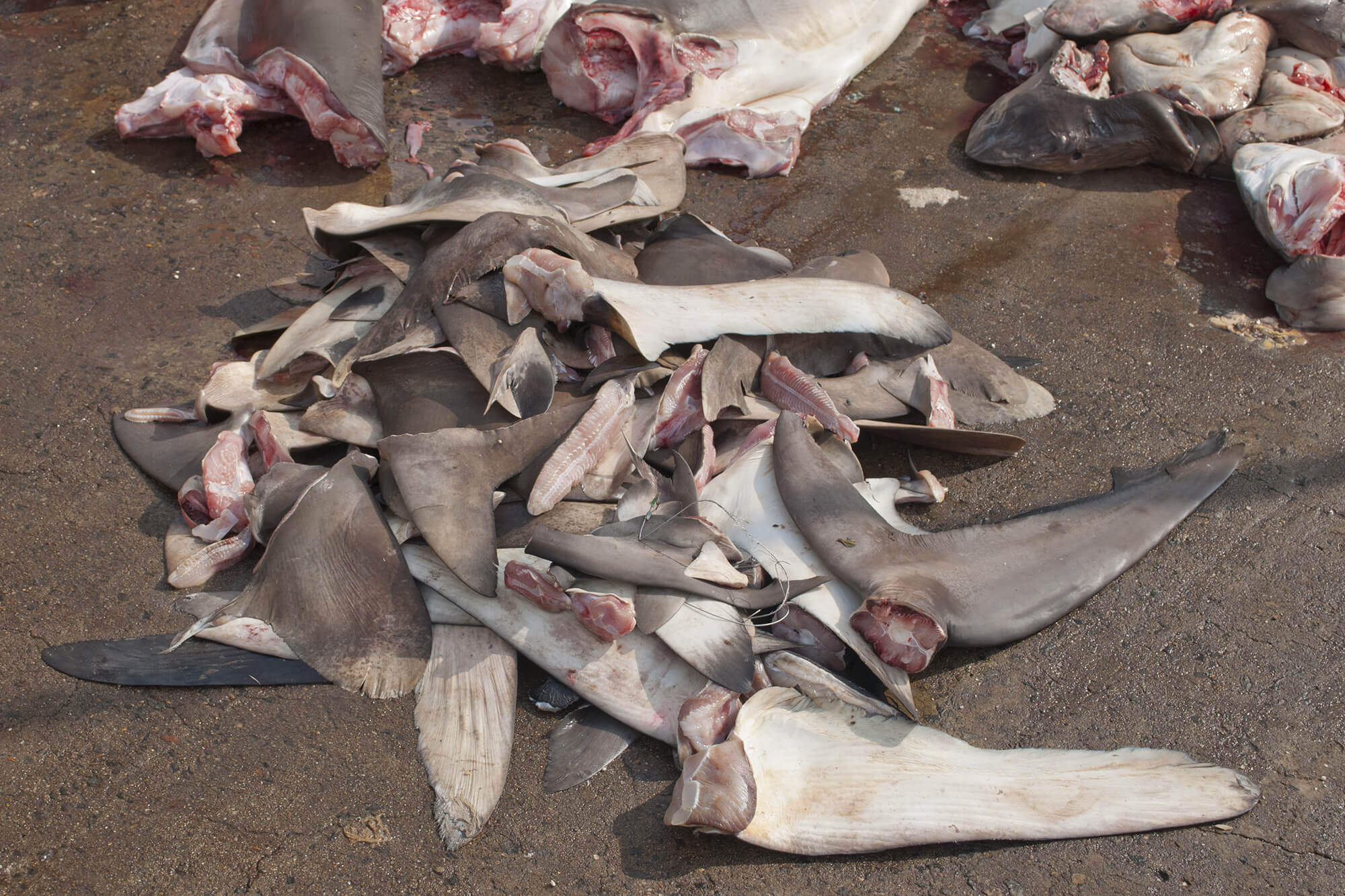
Toxoplasmosis and Its Effects on Hawaiʻi Marine Wildlife
NOAA is responsible for managing endangered species, including the Hawaiian monk seal. One of the greatest population threats is the infectious disease toxoplasmosis, a threat many people haven't heard about. Learn how you can help protect Hawaiian monk s
NOAA Fisheries Partners in the Spotlight: The Working Group on Marine Mammal Unusual Mortality Events
Scientists study Unusual Mortality Events to monitor the health of marine mammal populations. Understanding and responding to these events is crucial because marine mammals are important sentinels of ocean health.
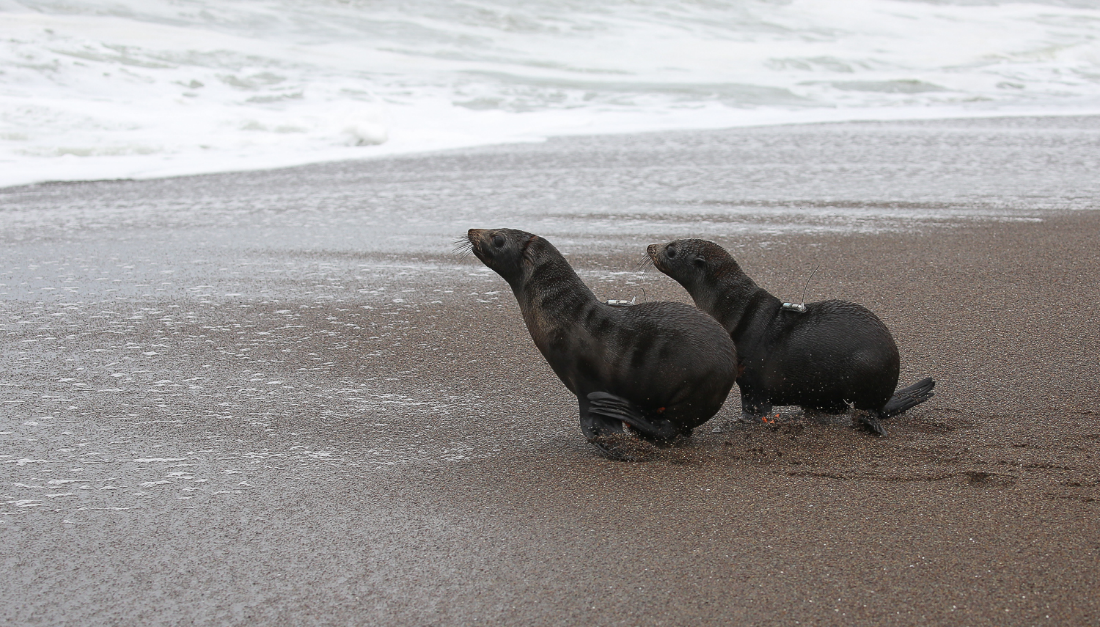
External Reviews of Science Programs in the Pacific Islands
Sound scientific research is the foundation for conservation and management of our nation's marine fisheries, habitats, and protected species. To help ensure the quality, integrity, credibility, and transparency of our science, we conduct peer reviews of
The 2022 Winter Alaska Fisheries Science Center Openscapes Cohort
Openscapes has helped establish Alaska Fisheries Science Center scientists as leaders in open data science, enhance collaborations across divisions and centers, and ensure continuity of long-term research efforts.
Two NOAA Fisheries Scientists Receive the Prestigious Cozzarelli Prize
Andrew Hein and Stephan Munch, along with co-authors, received the prize for their research on the behavior and population dynamics of coral reef fish.
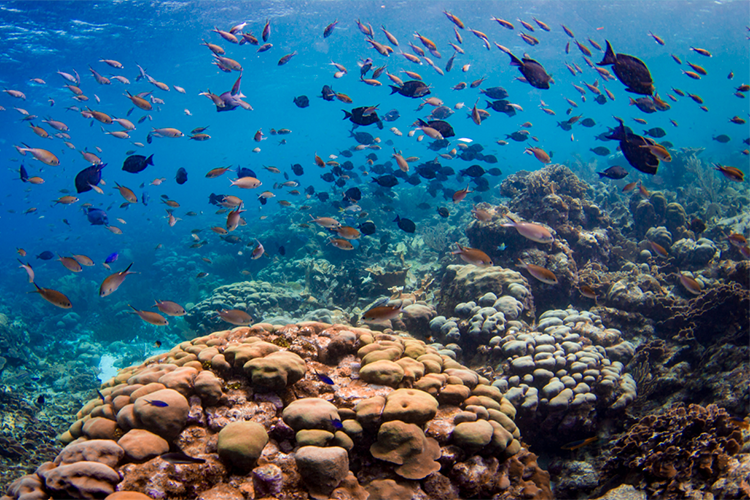
Effects of Harmful Algal Blooms on West Coast Fishing Communities
Learn more about how harmful algal blooms change ecosystems and coastal communities.